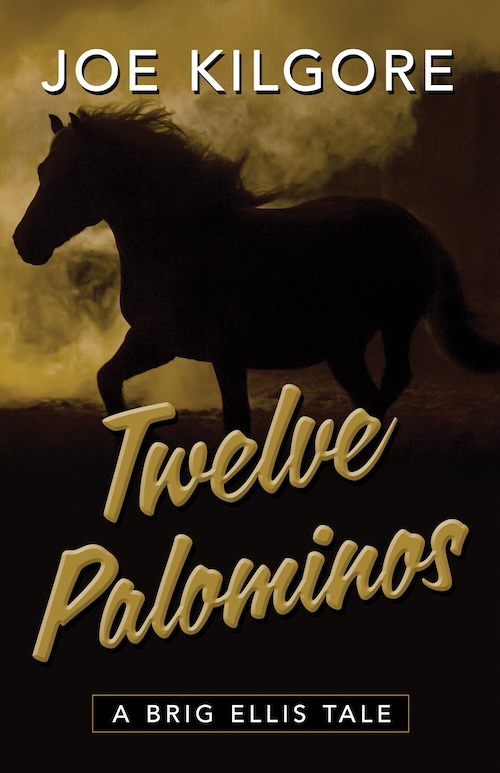Old, Cold, Forever Droll
Monday, February 14th, 2011One returns to one’s favorite authors. That’s what I did recently when I picked up a paperback copy of John LeCarre’s 2008 novel, A Most Wanted Man. I hadn’t read it when it came out because oddly enough I wasn’t a LeCarre acolyte until the following year when I started reading his novels. Up until that time, I had been a huge fan of several of the movie adaptations of his work. I wrote about one of them in a previous post you can find in this blog’s archives dated 8/25/2009 and titled Perfect Prose Of The Evil Men Do.
The early LeCarre is all pinpoint precision and unfailing avoidance of sentimentality. But as we age, we mellow. Yes, we also get shorter tempered and occasionally less tolerant and now and then wistful. The aging process takes its toll in many ways. It’s debatable I guess as to which behavioral change is good and which is bad. But it’s less debatable, and more hopeful, that LeCarre, even in old age, can still weave a most beguiling tale.
A Most Wanted Man is not up to The Spy Who Came In From The Cold, or the Smiley series, or other’s of his best. But less-than-LeCarre’s-best is far better than most. What’s still there in vast measure is the insight, intellect and humanity that mark his exceptional storytelling.
LeCarre has performed a bit of an illusion in A Most Wanted Man. He has taken the hot war on terror we all seem unable to get out of the back of our minds today, and fused it with the cold war of decades past. The events, the concerns, the looming atrocities, are all pulled from today’s headlines. While many of the characters, entanglements, and moral ambiguities, are vintage spy-versus-spy LeCarre land. It’s a concoction that, on the surface seems like it wouldn’t really work. But a master’s at work here. So most of it does.
Plot-wise, a gaunt Muslim surfaces in Hamburg. He attaches himself to a Turkish family who feel compelled to help him once they realize he’s obviously been tortured and is probably on the run from his tormentors. In short order, he winds up being represented by an iconoclastic (and yes, beautiful) German lawyer who attempts to help him with his stated goal of collecting the ill-gotten gains of his long-deceased Russian father who secreted them away in the bowels of a respected private bank. He doesn’t want the money for himself. He wants it distributed to Muslim charities around the world. Or so he says. The private banker who oversees the secretive accounts becomes caught up in the plight of the Muslim and the legs of his lawyer. In true LeCarre form, he’s an older, more subdued sophisticate slipping into impending ennui and hoping to rejuvenate himself by doing something good as well as something profitable. Also, as you might expect, spies abound and everyone knows what everyone else is doing. However, there are lots of questions too. Is the young Muslim really a kind-hearted soul or is he in fact a terrorist bent on an act of unspeakable evil? Will the young lawyer and the old banker find more than a shared interest in a mysterious stranger? Will the German Secret Police, British Intelligence, or the CIA emerge as the thwarters of tragedy or the instigators of it? Is the young Muslim really the one everyone’s after or is he just a pawn in a much more complicated game of cat and mouse?
As you read, you sometimes find it harder to reconcile LeCarre’s old cold war world with today’s. When it was the Soviets versus the West, it was all about secrets, deterrents, and personal betrayal. When it’s extremist Jihad, its all about mass murder and the death and destruction of innocents. Of course, because it’s LeCarre, we are always reminded that few, in any of us, are really innocent.
The Fiction Fortune Hunter found A Most Wanted Man to be an intellectually intriguing way to pass the weekend. There are few better literary conversationalists than John LeCarre. If you prefer a bit of acid with your adventure, this just might be your cup of tea.
